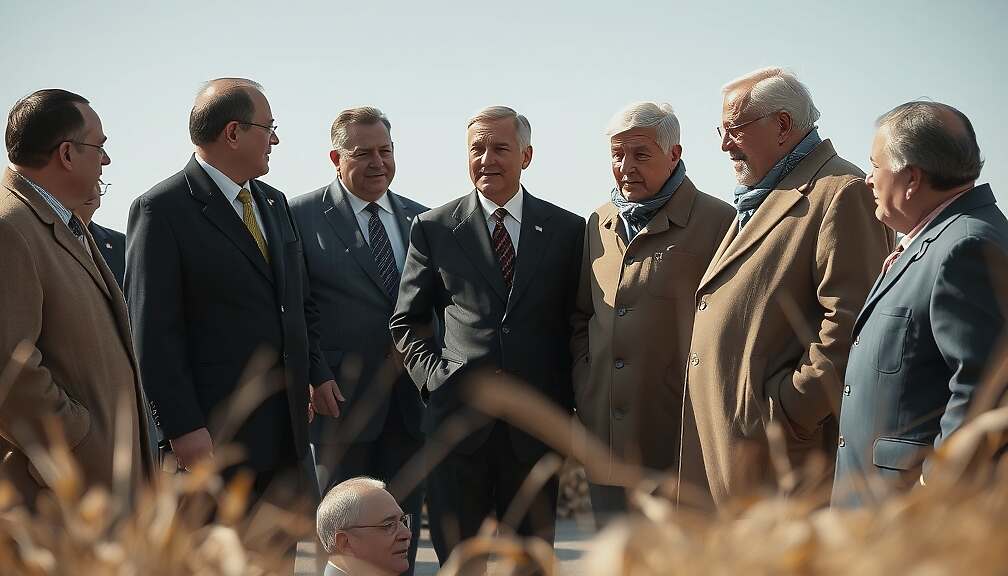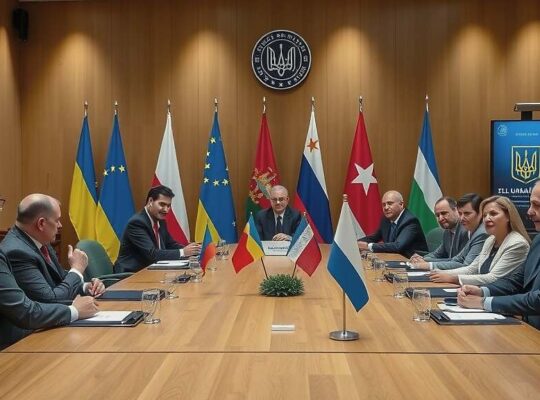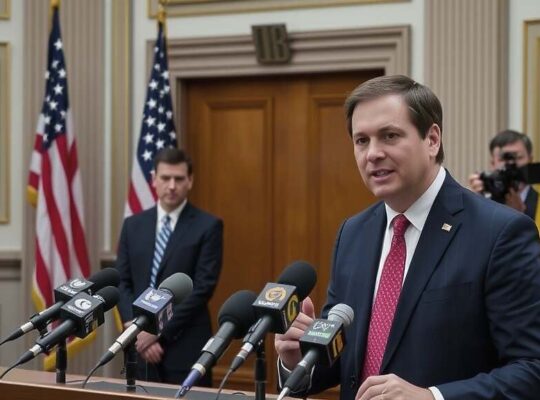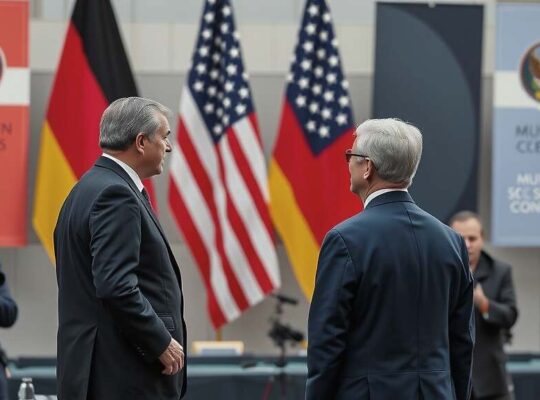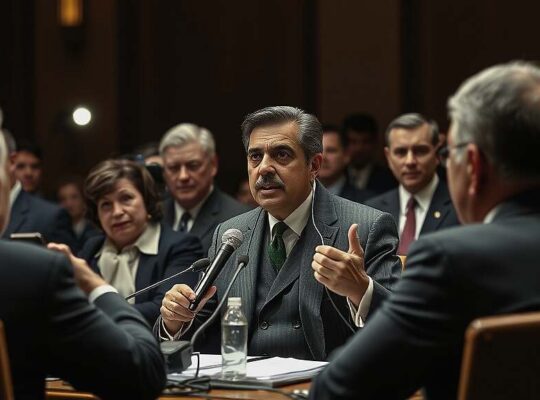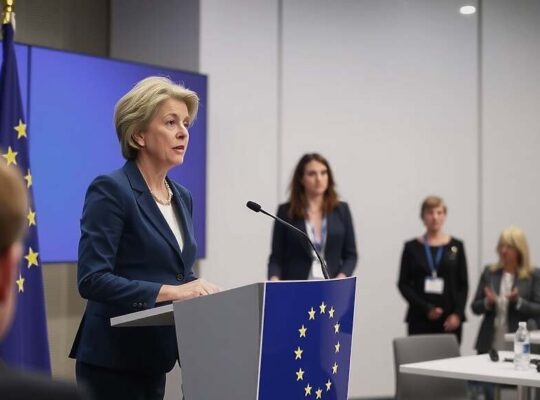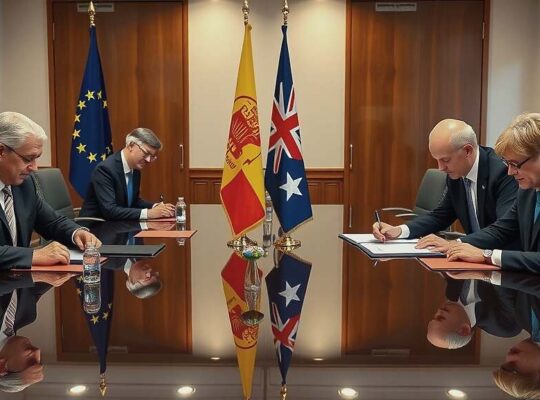The G7 foreign ministers concluded a meeting held near the U.S. border in Niagara-On-The-Lake, Canada, reaffirming their unwavering commitment to Ukraine while simultaneously addressing escalating geopolitical tensions across multiple fronts. The joint statement released following the summit condemned Russia’s increasing reliance on external support, specifically highlighting military assistance from North Korea and Iran, alongside concerns over China’s provision of weaponry and dual-use components. This widening network of support for Russia raises serious questions about the international enforcement of sanctions and the potential for further destabilization of the ongoing conflict.
The ministers also voiced cautious optimism regarding a plan proposed by U.S. President Trump aimed at brokering an end to the Gaza conflict. While acknowledging the recent ceasefire and the release of hostages as positive developments, the statement underscored persistent limitations impeding the delivery of vital humanitarian aid, prompting calls for a more comprehensive and unrestricted access for relief organizations. This qualified endorsement highlights the complexities of the situation and the inherent challenges in achieving a lasting peace.
Beyond Ukraine and the Middle East, the communique demonstrated a concerted effort to address China’s growing assertiveness in the Indo-Pacific region. Reaffirming their commitment to a “free and open Indo-Pacific” the ministers sharply rejected any attempts to unilaterally alter the regional status quo through coercion or force, explicitly referencing the highly contested waters of the East and South China Seas. The expression of “serious concern” regarding recent Chinese military maneuvers in the South China Sea signifies a hardening stance against Beijing’s increasingly ambitious territorial claims and its expanding naval presence. The implicit threat of consequences for violating international norms remains a key element of this strategy, though specifics remain deliberately vague.
Analysts suggest this carefully worded statement reflects internal disagreements within the G7 regarding the appropriate level of pressure to exert on both Russia and China, balancing the need for diplomatic engagement with the imperative to deter further aggression. The inclusion of a Trump-backed plan on Gaza may also signal a pragmatic, albeit uneasy, accommodation to the current U.S. administration’s foreign policy priorities, regardless of potentially divergent long-term goals.


